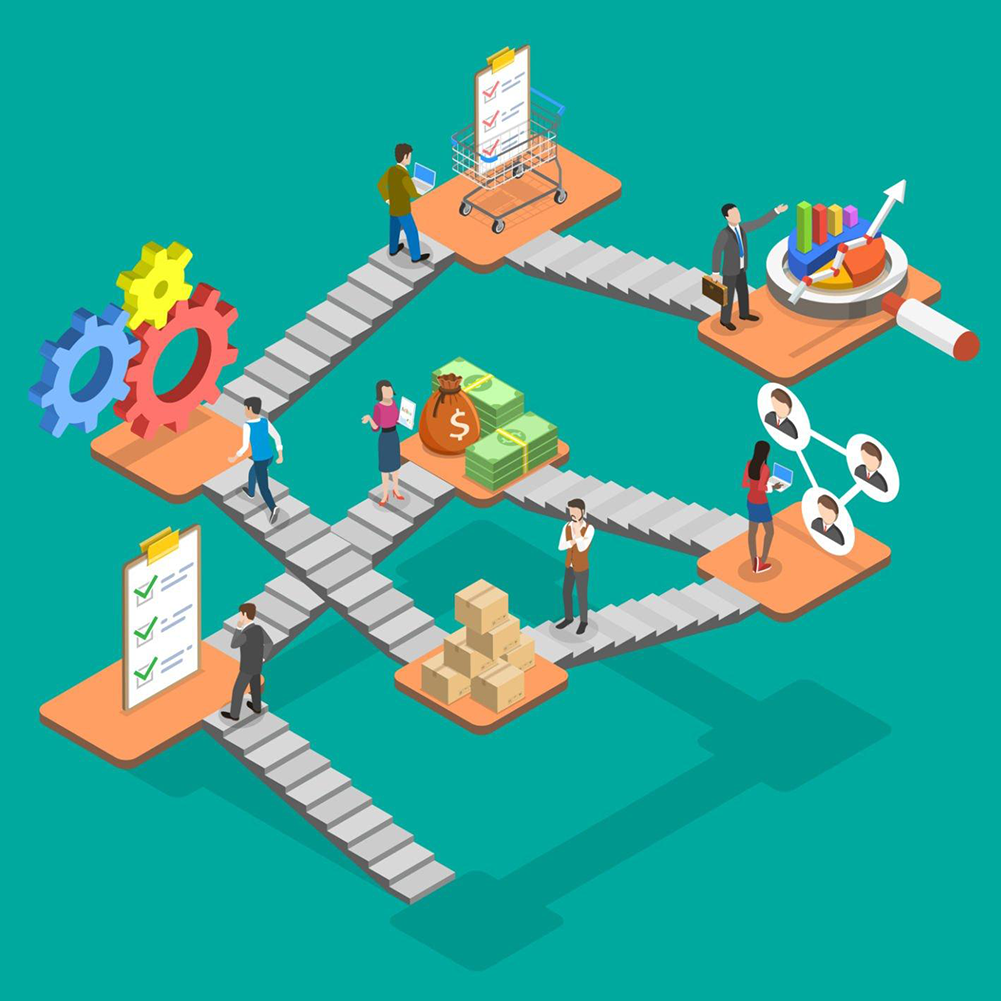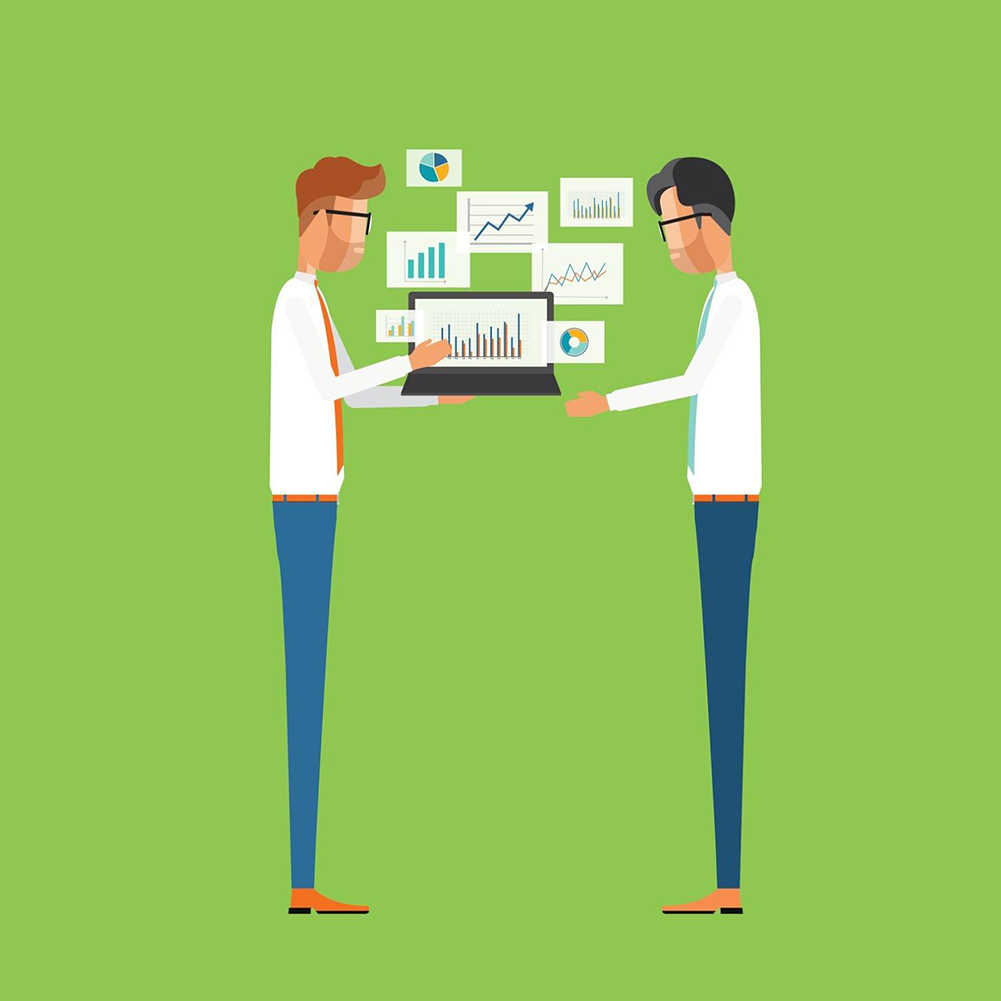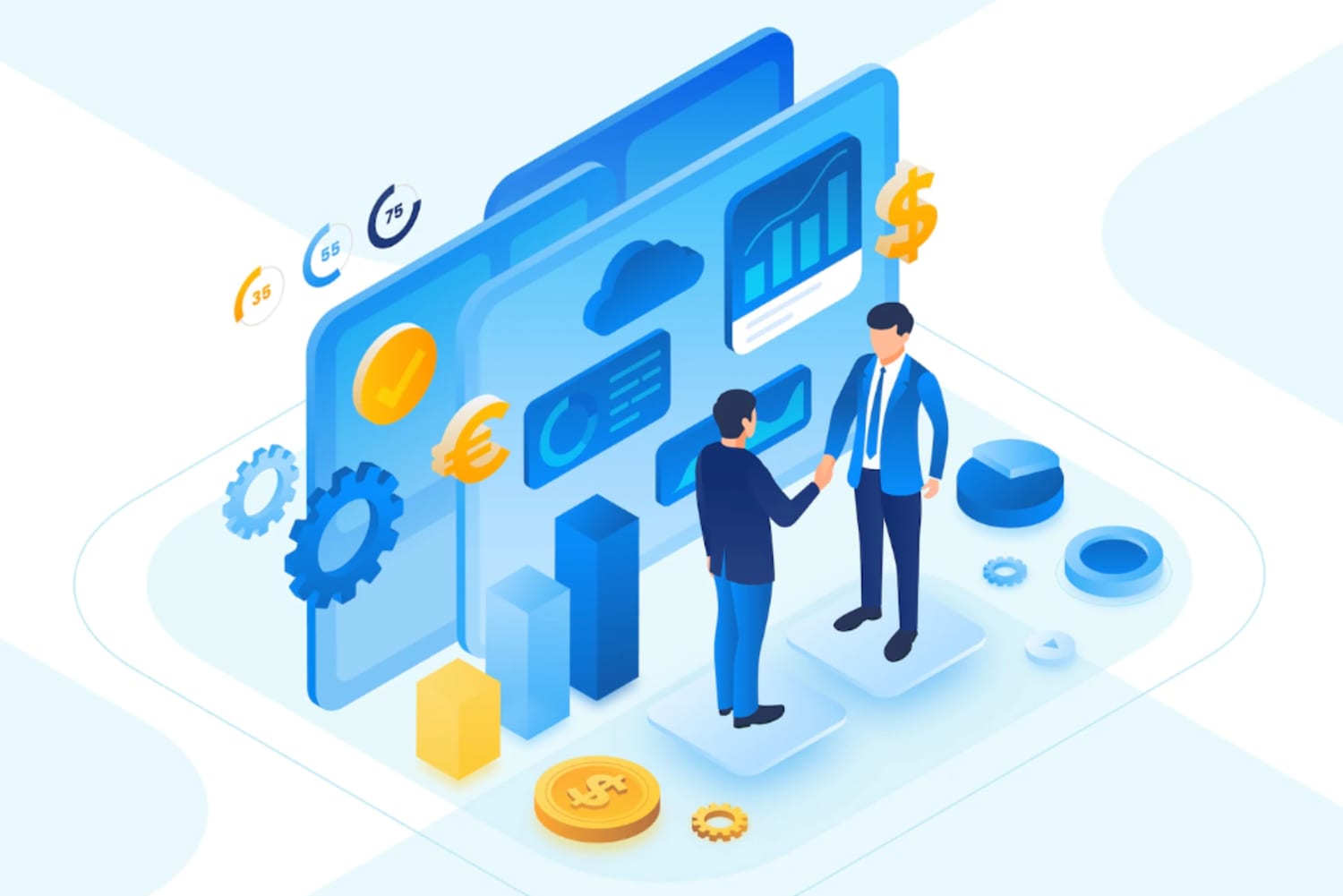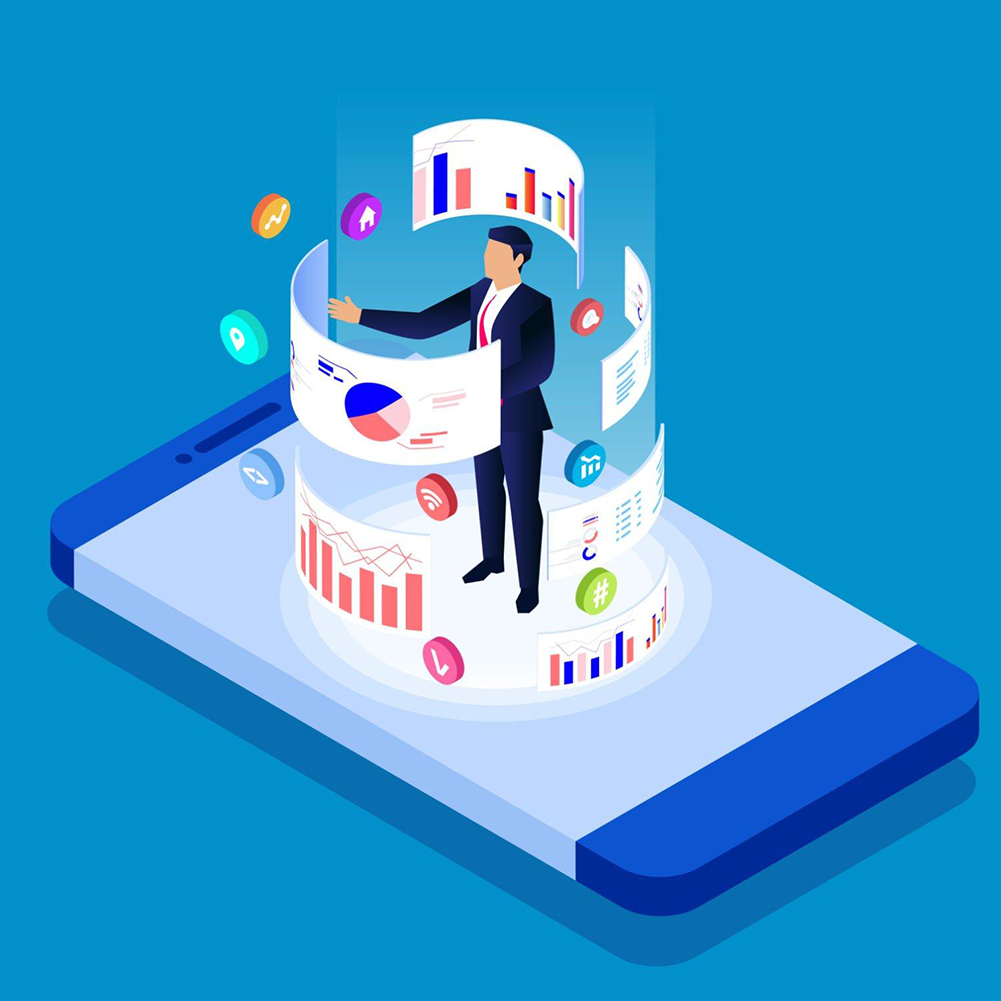ERP Management System Software
To manage your company processes and apps in an integrated manner and to provide you the real-time agility and resilience you need to position yourself for growth, look for the market-leading enterprise resource planning (ERP) cloud solution.
Business organisations utilise a class of software known as “enterprise resource planning” (ERP) to manage a variety of routine tasks, including accounting, purchasing, project management, risk management, and compliance. A complete ERP package will also include software for enterprise performance management, which helps with financial planning, budgeting, forecasting, and reporting.

About ERP Management System Software
Which regular business processes, such as accounting, finance, procurement, project management, supply chain management, and manufacturing, may companies use these solutions to handle?
Enterprise resource planning systems are extensive, integrated platforms that may be used both on-premises and in the cloud to manage every aspect of a distribution- or production-based company. Together with your principal accounting function, ERP systems support all elements of financial administration, human resources, supply chain management, and manufacturing.
ERP systems will also improve transparency by keeping an eye on all aspects of manufacturing, logistics, and finances throughout the entire business process. These integrated systems act as a company’s main hub for end-to-end workflow and data and give access to numerous divisions.
For large, medium-sized, and small enterprises, ERP systems and software offer a variety of capabilities as well as industry-specific modifications.
Multichannel sales are made easier with our ERP management software.

Optimize discrete manufacturing processes
Manufacturers of discrete goods require ERP software for the administration of project lifecycles, quality and service, planning, and scheduling.
- Aerospace and defense
- Automotive
- High-tech and electronics
- Industrial machinery and equipment
- Industrial manufacturing
Manage consumer demand and experience
ERP systems for consumer firms must be able to handle inventories, service support, and high-quality, traceable items.
- Distribution
- Fashion
- Retail
- Food and beverage


Control financial and professional services
ERP modules for service sectors include accounting, purchasing, contract management, asset management, and cash management.
- Banking and financial services
- Professional services
- Healthcare
- Public sector
- Construction and engineering
ERP system features for success
Frequently Asked Questions (FAQs)
What is ERP ?
Enterprise Resource Planning is referred to as ERP. Enterprise resource planning is characterised as a comprehensive software programme used to manage the resources of an organisation. ERP systems combine every aspect of business management, including order processing, engineering, production, purchasing, accounting and finance, human resources, and more.
Do i need a ne ERP?
Below are the indications that you need a new ERP now:
Increasing customer complaints about poor service
Using Manual and multiple systems for the same task
Failing to get accurate, up-to-date information for decision-making
Using handwritten notes as it’s easier to jot it down than use the current system
Having to enter the same data into more than one system
Inability to expand the business due to limitations of current information system
Lost or corrupted data
Dependency on others for completion of your task
How long will it take to implement ERP?
We are pleased to claim that our implementation procedure is now the quickest in the world. Go-live in just twenty days is guaranteed by our on-time implementation.
How ERP suites the SMBs?
Anyone who does not keep up with the speed of the SMBs’ rapid adoption of the newest IT business solutions will fall behind. A cost-effective ERP that will meet their needs and their budget has been developed by exactllyERP with this in mind and to assist SMBs in implementing an ERP with the least amount of investment.
We have limited IT resources - will we need to hire a full time IT person?
For businesses with little in the way of IT resources, the ERP system is perfect. We have various tools, such as Auto Update, Auto Backup, and Auto Database Maintenance, to minimise system management requirements. Furthermore, ERP provides remote administration, allowing us to offer help from our offices. The only routine maintenance and system administration required after the system is deployed and configured is adding new users or modifying user security profiles.

